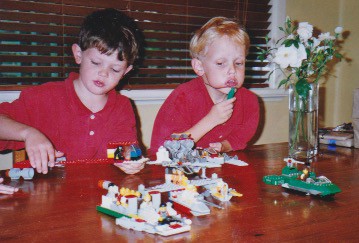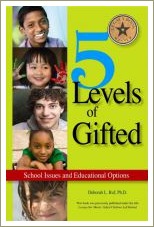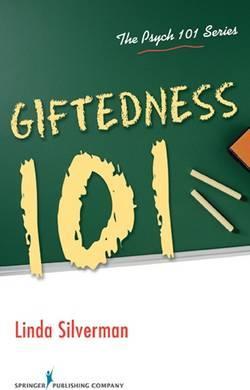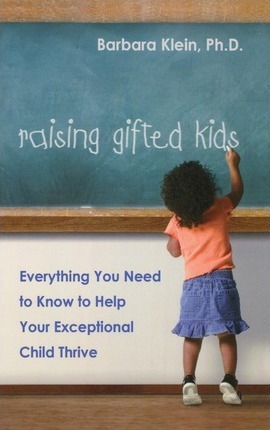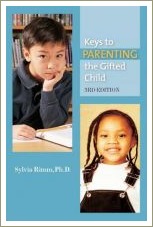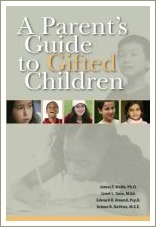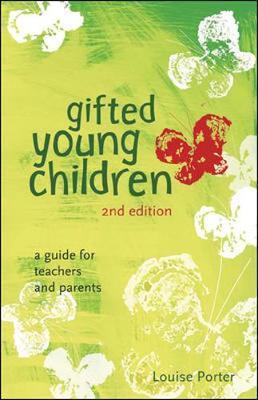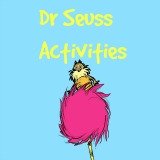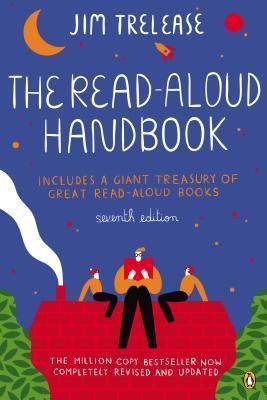You are here: home / parenting books / parenting gifted children
Parenting Gifted Children
Many people believe that parenting gifted children is easy. This can be because, in the early years at school especially, academically gifted children often find schoolwork easy and learning effortless, leading other parents to assume that parenting these kids is not as difficult as parenting kids who are not academically gifted.
Unfortunately this is rarely true. Sure, some gifted kids are high achievers and do well at school. Others find school - and life in general - quite difficult for a variety of reasons related to their giftedness.
Parenting gifted children can also be hard when parents are facing issues that other parents don't necessarily have. Often they have no-one to talk to about their particular concerns, although we now have online forums and groups where parents can connect which were not around when my three children were young.
So parenting gifted children can be very challenging and it's often hard to know where to go for guidance and advice. That's why I've put together this list of the best books about parenting gifted children.
There have been quite a few books written on the subject of parenting gifted children but most are published by specialist publishers and they can be hard to track down. Your local library may have a few but the newer ones may be harder to find. Book shops can get them in for you but you do need to know which ones you want.
This is where I hope my list of the best books about parenting gifted children will help. Check out the list, read the reviews and jot down the names and authors' details. Then either head for your local library or bookshop or have a look at the
Book Depository, my favourite online bookstore. (Note: Book covers and titles are affiliate links).
1. 5 Levels of Gifted: School Issues and Educational Options
I wish this book had been around when my children were small because it's a really terrific book, both for teachers and for parents. The book describes differences in developmental stages within the gifted population, classifying children into five levels of giftedness based on behaviours and developmental milestones. While this is an artificial classification and I'm wary of classifying children in any case, in this instance it provides a useful way of talking about the needs of gifted children and the differences between them. The book discusses the characteristics of gifted children, with a focus on helping you decide where your child might fit in the spectrum of giftedness so that you will have an idea of what schooling options might work best for your child.
The book is divided into three parts:
- Part I is devoted to what it means to be gifted, the characteristics of gifted children, how we identify gifted children and some of the issues around identification and testing.
- Part II discusses Ruf's concept of "five levels of giftedness", with lots of anecdotes and stories from parents which I found interesting and helpful. Personality as well as IQ is considered and there is good discussion of the differences between gifted children as well as the similarities. This is different from most books about gifted children which seem to lump them all in groups according to their IQ (moderately gifted, highly gifted, etc) with no consideration of family influences or personality traits.
- Part III tackles schooling options. There is a general discussion of the types of educational options which work for gifted children before the author looks in more detail at the specific needs of children at each of the five levels.
2. Giftedness 101
As the title suggests, this is a really good book to read if you're new to giftedness and/or to the field of gifted education. Linda Silverman is an American psychologist who has been studying and working with gifted children and adults for over 35 years. She's a bit of a guru within the field of giftedness and gifted education and has a special interest in visual-spatial learners, a term she coined in 1981 to describe the unique gifts of people who think in images. In this book, Silverman provides a clear description of what giftedness means and of the psychology and development of gifted children. Issues explored in the book include: historical ideas about giftedness, the characteristics of gifted children and adults, assessment, parental and educational roles in developing the abilities of gifted children and the special challenges faced by gifted children with learning disabilities and their parents.
3. Raising Gifted Kids: Everything You Need to Know to Help Your Exceptional Child Thrive
This book is extremely easy to read and does a good job of covering all the general gifted topics - emotional issues and needs, academic issues and so on. It's a great first read on the topic, for teachers as well as for parents. One of the things I liked about this book is that the author talks about the need for parents to have insight into their own motivations (as well as those of their children), for various reasons but, importantly, to avoid the dangers of living vicariously through the accomplishments of their children. The book discusses the characteristics of gifted children (as all these books do) and does it in an upbeat and practical way. Topics covered include: how to help develop your child's potential and self-esteem without pressuring him; ways of working with schools and teachers; how to recognise and prevent problems; and how to solve family conflicts over parenting issues.
4. Keys to Parenting the Gifted Child
This book has been around for a while and for good reason. It's a short-ish book - 245 pages - and provides a good overview of the main issues and concerns. The author, Sylvia Rim, is a mother of four gifted children who has studied and worked with gifted children and their families and her book is easy to read, insightful and practical. I found it very useful right through my children's schooling. The book is divided into three parts: Your Gifted Child, Family Issues for Gifted Children and Other Issues. Within these sections it discusses issues such as underachievement, perfectionism, early childhood testing, subject acceleration, grade skipping, home schooling and siblings.
5. A Parent's Guide to Gifted Children
This book was first published in 2007 so it's a bit old now but I really wish it had been around when my children were small. I read it over a weekend and found it to be a very practical book which comprehensively covers just about everything a parent needs and wants to know. If you only want to buy one book about parenting gifted children, this is probably the one to buy. It details the characteristics of gifted children and the strategies it talks about are detailed and very practical. The authors have worked with gifted children and their families for many years and one of them, Professor James T Webb, has been recognised as one of the 25 most influential psychologists in the US on the subject of gifted education. The chapter headings include: Defining Giftedness; Characteristics of Gifted Children; Motivation, Enthusiasm and Underachievement; Intensity, Perfectionism and Stress; Children Who Are Twice-Exceptional; and How Schools Identify Gifted Children.
6. Gifted Young Children
This book is written by an Australian teacher and psychologist and focuses on how to identify and provide educationally for children up to 8 years of age. This book has recently been updated to take into account recent research and, while it is useful for parents and teachers, focuses particularly on children's experiences at pre-school and at school. It includes thoughts on how teachers and parents can promote the children's emotional and social adjustment, including ways to enhance self-esteem, encourage friendships and support their autonomy. One thing I liked in this book which is often not covered is how parents can discuss giftedness with their children. This is an important part of raising a child who is gifted and it's nice to see some thoughts about how this might best be done.
